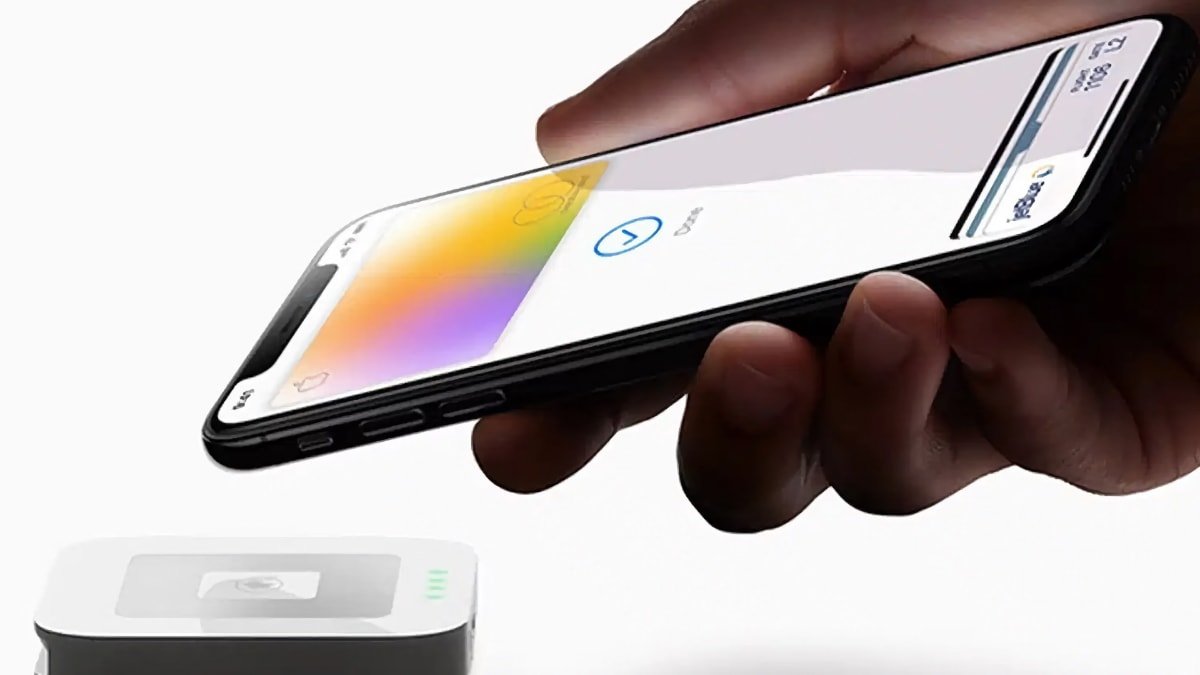Apple plans to defend its payment system Apple Pay in an upcoming hearing and argue that it doesn't block rivals from using NFC.
Antitrust regulators in the European Union will have a closed session on Tuesday in which Apple executives and others will hear arguments before levying possible fines. The company will try to convince regulators that it doesn't block competitors' access to the Near-Field Communication (NFC) in its payment system, according to Reuters.
According to the EU's antitrust watchdog, the European Commission, Apple started engaging in anticompetitive behavior with the launch of Apple Pay in 2015. If the EU finds Apple guilty of antitrust violations, the company could face fines of up to 10% of its worldwide revenue, which would be roughly $40 billion.
In 2015, a coalition of major Australian banks sought to boycott Apple Pay in an attempt to negotiate third-party access to the NFC hardware within Apple devices. However, the banks eventually backed down after the Australian Competition and Consumer Commission denied their boycott request in 2017.
And in 2019, investigators started asking payment companies for feedback on Apple Pay, concerned that Apple's choice to limit the iPhone's built-in NFC chip to Apple Pay makes it impossible for third-party companies to break into the mobile payment market.
One of the companies that helped spur the EU antitrust complaint against Apple was PayPal, a rival payment platform. In 2020, its complaints claimed that Apple restricts competition in the mobile wallet market.
However, Apple has opened up its mobile payment system in other ways. It launched an iPhone feature called Tap to Pay in 2022, allowing consumers to receive contactless payments through Apple Pay and other apps without needing additional payment terminal hardware.
 Andrew Orr
Andrew Orr


 Oliver Haslam
Oliver Haslam
 Thomas Sibilly
Thomas Sibilly
 Marko Zivkovic
Marko Zivkovic

 Wesley Hilliard
Wesley Hilliard
 Malcolm Owen
Malcolm Owen




-m.jpg)






63 Comments
You don’t like a store you pay money to for their services? Go somewhere else.
The EU DOES NOT LIKE AMERICANS, they are using the legal system as a bullying tactic to gain the upper hand to gouge money. If Steve Jobs was still alive, he would stop all operations in the EU, and every one in the EU will lose out. They will have to find alternatives. Shut down the EU App Store. If it goes to trial. I hope apple wins….. there aren’t that many mobile OS’s out there. With the exception of Linux.